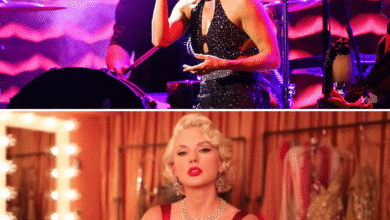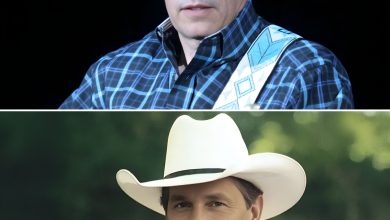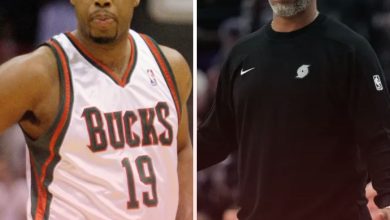Yankees Face Familiar Questions After ALDS Exit — But Aaron Boone’s Job Appears Safe
The annual debate over Aaron Boone’s job security is once again underway in the Bronx. The New York Yankees’ latest October disappointment — a 5–2 loss to the Toronto Blue Jays in Game 4 of the ALDS — has triggered the usual chorus calling for change. But for now, it appears the manager’s seat remains secure.
Boone, who is under contract through the 2027 season, made it clear after Wednesday night’s loss at Yankee Stadium that he doesn’t expect any shake-ups.
“I’m under contract. I don’t expect anything [to change],” Boone told reporters in his season-ending press conference.
While Boone’s postseason record remains underwhelming — eight seasons without a World Series title — his backing from principal owner Hal Steinbrenner and general manager Brian Cashman appears unwavering. Boone owns a .584 regular-season winning percentage, and within the organization, he continues to be viewed as a stabilizing presence.
Bigger Problems Than Boone
For all the criticism aimed at Boone, the Yankees’ issues run deeper. The team continues to rely heavily on Aaron Judge, whose individual brilliance again wasn’t enough to overcome the club’s flaws.
“This is a team game,” Judge said after the loss. “We didn’t win as a team. You win as a team, you lose as a team. There’s definitely more I can do. I’m going to figure it out and get back to work.”
Unlike the great Yankees teams of the past — powered by Reggie Jackson (1977), Derek Jeter (2000), and Alex Rodriguez (2009) — this roster lacks a strong supporting cast around its captain.
When the Yankees reached the World Series in 2024, Judge was paired with Juan Soto, but Soto’s offseason departure to the Mets left a void that the front office failed to fill effectively.
Cashman’s Mixed Offseason
Cashman attempted to retool on the fly, spending portions of the $750 million once earmarked for Soto to sign Max Fried and Paul Goldschmidt, and trading for Cody Bellinger and Devin Williams. At the trade deadline, he also added Ryan McMahon, Jose Caballero, Amed Rosario, David Bednar, and Camilo Doval.
While those moves looked sharp on paper, they masked a fragile lineup. In the playoffs, the Yankees’ offensive weaknesses were glaring:
- Catcher hit .227
- First base platoon underperformed
- Second baseman committed key defensive errors
- Shortstop hit .192 with 16 strikeouts
- Third baseman: one homer, one RBI
- Center fielder: .138, no RBIs
- DH: .192, no homers
- Only Bellinger and Judge consistently produced
Even with Judge hitting .500 with a 1.273 OPS, the Yankees’ attack sputtered.
“If you give teams extra outs, they’re going to capitalize,” Judge said. “For us, we’ve got to clean a couple of things up and we’ll be back.”
A Flawed Formula
Statistically, New York remains an all-or-nothing team. The Yankees led MLB in home runs (274) but ranked third in strikeouts (1,463), emphasizing power over contact. By contrast, the Blue Jays — who beat them in both the regular season (11–5 head-to-head) and postseason — led the league in batting average (.265) and struck out 364 fewer times.
If the Yankees hope to end their 16-year championship drought, they’ll need more than a managerial shake-up. They’ll need a philosophical shift — from the lineup construction to the analytics department — toward situational hitting and contact-based offense.
“The ending’s the worst,” Boone said. “Especially when you have a really good group. I’m confident, though, we will break through. But it’s hard to win the World Series. I’ve been chasing it my whole life.”





